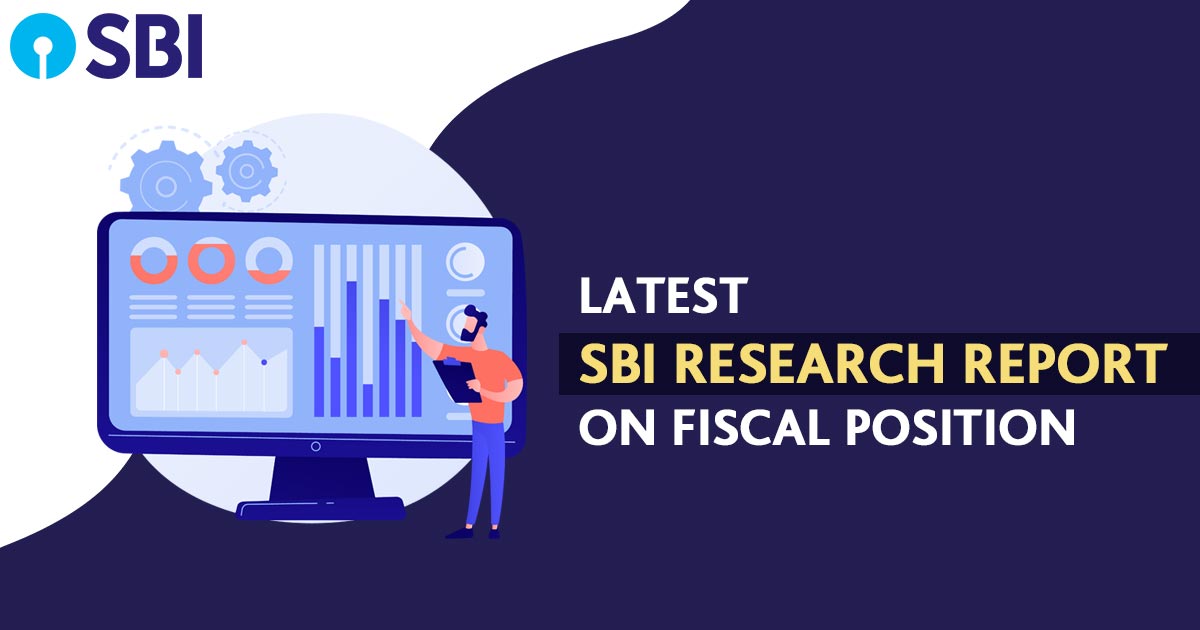
You shall be surprised to know that as per the report of SBI research, the government exchequer shall improve even after the 2 pandemic shocks that the Indian economy has received — If it is assumed that there would be no third pandemic, the fiscal position of the Centre and states for Financial Year 2022 would be better than budgeted and the states may gather Rs 60,000 crore more in tax collection at Rs 8.27 lakh core this fiscal year than they have budgeted.
Even more surprising is the fact that all the free vaccination programs run by the government machinery shall not put a burden on the shoulders of the government exchequer as it shall cost only Rs 28,512 crore in totality to the government.
For the Financial Year 2022, the states, in terms of compensation cess have budgeted, a collection of Rs 1.28 lakh crore. However, for centre, the same heading i.e. cess is estimated at Rs 1 lakh crore for the Financial Year 2022.
Despite the negativity created by 2 corona pandemics and subsequent lockdowns, actual GST collections of April 2021 started on a positive note with a record collection of nearly Rs 1.41 lakh crore and May at nearly Rs 1.03 lakh crore.
“If we combined all these, the average monthly revenue for the states would be Rs 68,912 crore for this year and the yearly overall collection would be Rs 8.27 lakh crore, which is Rs 60,000 crore more than the combined budget estimates of Rs 7.67 lakh crore by the states,” says the report.
Further, the report presented that even if there is only a 42 per cent devolution from IGST, if the aforesaid trend continues, the Centre would not be required to borrow any additional amount, to compensate the states and UTs.
Thus, in essence, the Centre’s borrowing master plan is not going to take a big hit due to the presence of compensating states, until and unless a catastrophic third wave occurs that would halt all activity, according to the report.
Meanwhile, the report further commented that the extra expenses in addition to free food scheme till November will cost Rs 13,851 crore and Rs 91,000 crore, respectively given the fact that vaccines are not imported.
Again, the Centre has budgeted an excise exchequer of Rs 3.35 lakh crore this fiscal; however, if it continues to impose the same taxes as of now based on premises of diesel and petrol, excise revenue could augment by Rs 76,339 crore over the budgeted estimate. Thus, all in all, the government’s finances do not look overstretched. The reason being the GST collections have carried on to maintain the pace.
“We expect a fiscal impact of around Rs 28,512 crore currently because of all these measures,” it added.
As far as the vaccination is concerned nearly 60 percent of the population is 18+ i.e. 81 crore people have to be vaccinated. Further, If two-dose vaccines are taken into consideration then 162 crore doses are needed. However, 25 crore doses have already been given. So, 137 crores more doses are required.
It translates into a fiscal cost of Rs 48,851 crore. However, the Centre had already made a budget of Rs 35,000 crore; Consequently, additional spending would be Rs 13,851 crore.









